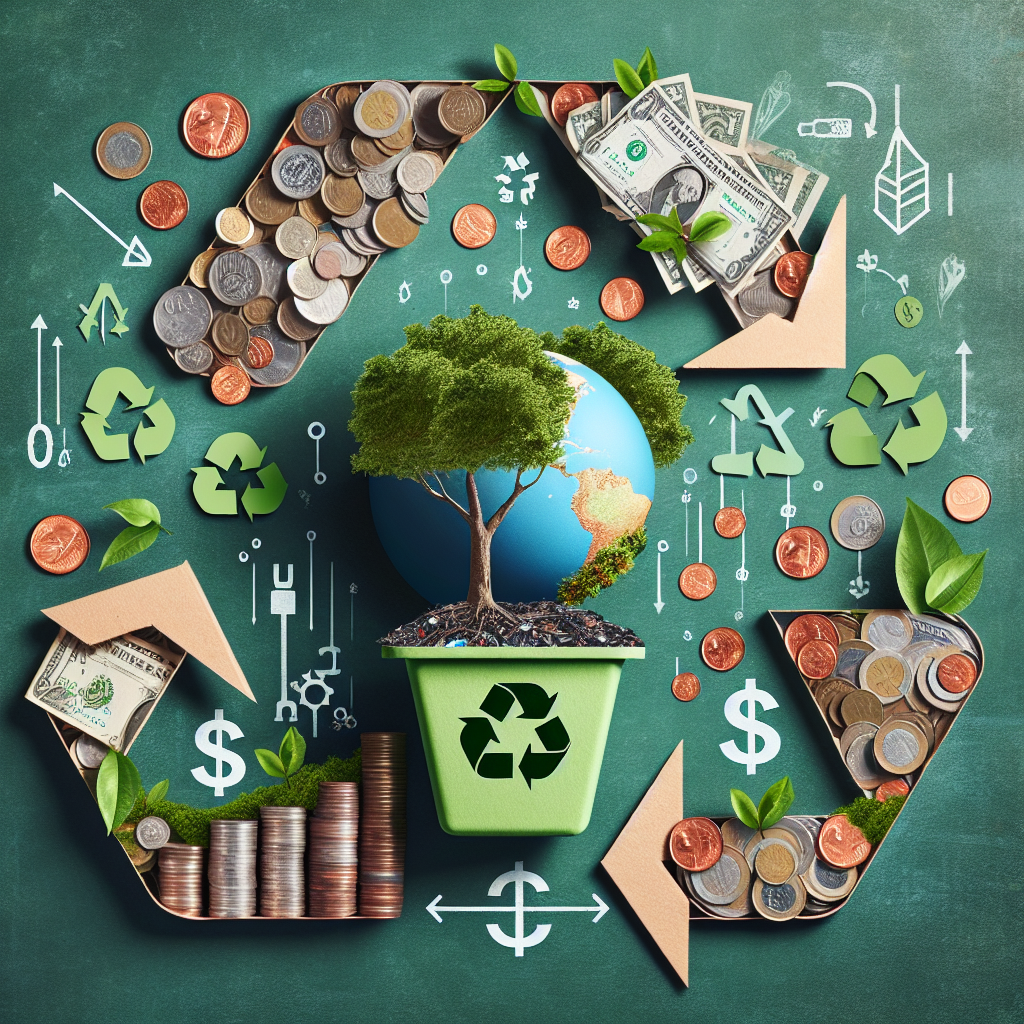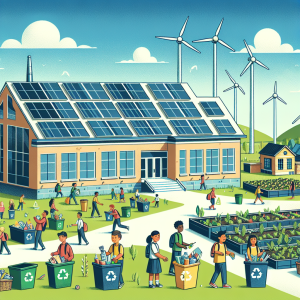Recycling has often been viewed primarily through an environmental lens, celebrated for its ability to reduce waste and conserve natural resources. However, its economic implications are equally significant and merit close examination. Beyond promoting sustainability, recycling can drive economic growth, create jobs, enhance community development, and foster a circular economy. This article outlines the multifaceted economic benefits of recycling and explores how it acts as a powerful catalyst for positive change.
Job Creation and Workforce Development
One of the most immediate economic impacts of recycling is job creation. The recycling industry has proven to be labor-intensive. It not only generates jobs in processing recyclables but also requires workers in collection, transportation, and sales. According to the Bureau of Labor Statistics, recycling and reuse activities accounted for nearly 1.1 million jobs in the United States and contributed roughly $236 billion to the economy.
These jobs are often local, enriching communities and contributing to local tax bases. Furthermore, many positions in the recycling sector are entry-level, offering accessible pathways for workforce development, particularly in underserved populations. By facilitating skill training and advancement, the recycling sector can serve as a stepping stone for individuals seeking stable employment.
Economic Growth and Resource Efficiency
Recycling contributes to economic growth by promoting the efficient use of resources. When materials are recycled, businesses can lower their production costs by reducing the need for virgin materials. For instance, using recycled aluminum reduces energy consumption by up to 95% compared to extracting new aluminum. Consequently, companies can pass these savings onto consumers, creating a competitive advantage.
In sectors such as manufacturing, construction, and packaging, the shift toward recycled materials is not just beneficial for the environment; it can significantly improve profit margins. The demand for recycled materials is growing, indicating that businesses that invest in recycling programs are positioned to tap into a lucrative market.
Innovation and Infrastructure Development
The recycling industry is a hotbed for innovation. As technology advances, new methods for processing and reusing materials emerge, leading to more efficient operations and novel products. Innovations, such as automated sorting systems and waste-to-energy technologies, have transformed traditional recycling methods, making them more effective and cost-efficient.
Moreover, investing in recycling infrastructure—such as collection centers and processing facilities—stimulates local economies. These developments create construction jobs and can lead to increased property values in surrounding areas. Communities that prioritize recycling infrastructure are better positioned to harness the economic benefits of a sustainable approach to waste management.
Enhanced Community Resilience
Recycling can also elevate the resilience of local economies. By reducing dependence on external resources and minimizing waste, communities can create more self-sufficient local economies. This resilience manifests in various forms, such as reducing landfill costs, decreasing municipal waste management expenditures, and lowering pollution-related health expenditures.
Furthermore, community-based recycling initiatives often foster a sense of pride and responsibility among residents, encouraging greater civic engagement and awareness about sustainability. This communal effort can strengthen local identities and create networks of support and collaboration that drive further economic development.
Circular Economy and Sustainable Business Practices
The concept of a circular economy—where waste is minimized, and materials are continually reused—positions recycling as a fundamental driver of sustainable business practices. Organizations that adopt circular economy principles not only benefit from cost savings but also enhance their brand reputation and customer loyalty. Consumers increasingly favor businesses that demonstrate environmental commitments, leading to potential sales increases.
By integrating recycling into their operational strategies, companies can mitigate risks related to resource scarcity and evolving regulatory landscapes. In this way, recycling paves the way for more sustainable business modalities that contribute to economic resilience.
Conclusion
The economic impact of recycling extends far beyond ecological benefits. From job creation and innovation to enhanced community resilience and the development of a circular economy, recycling is a powerful economic engine. As policymakers, businesses, and communities increasingly recognize the multifaceted benefits of recycling, there lies an immense opportunity to leverage this practice as a means of driving economic growth while simultaneously promoting sustainability. Investing in recycling is not just an environmental imperative; it is an economic necessity that paves the way for a more prosperous future.




